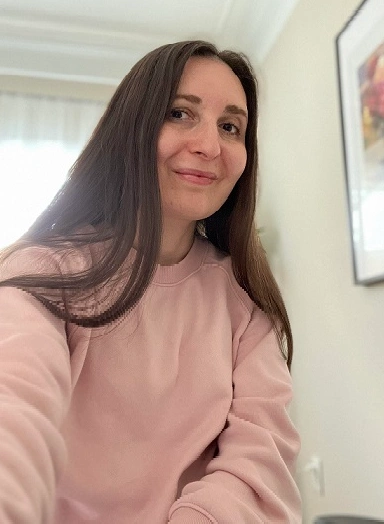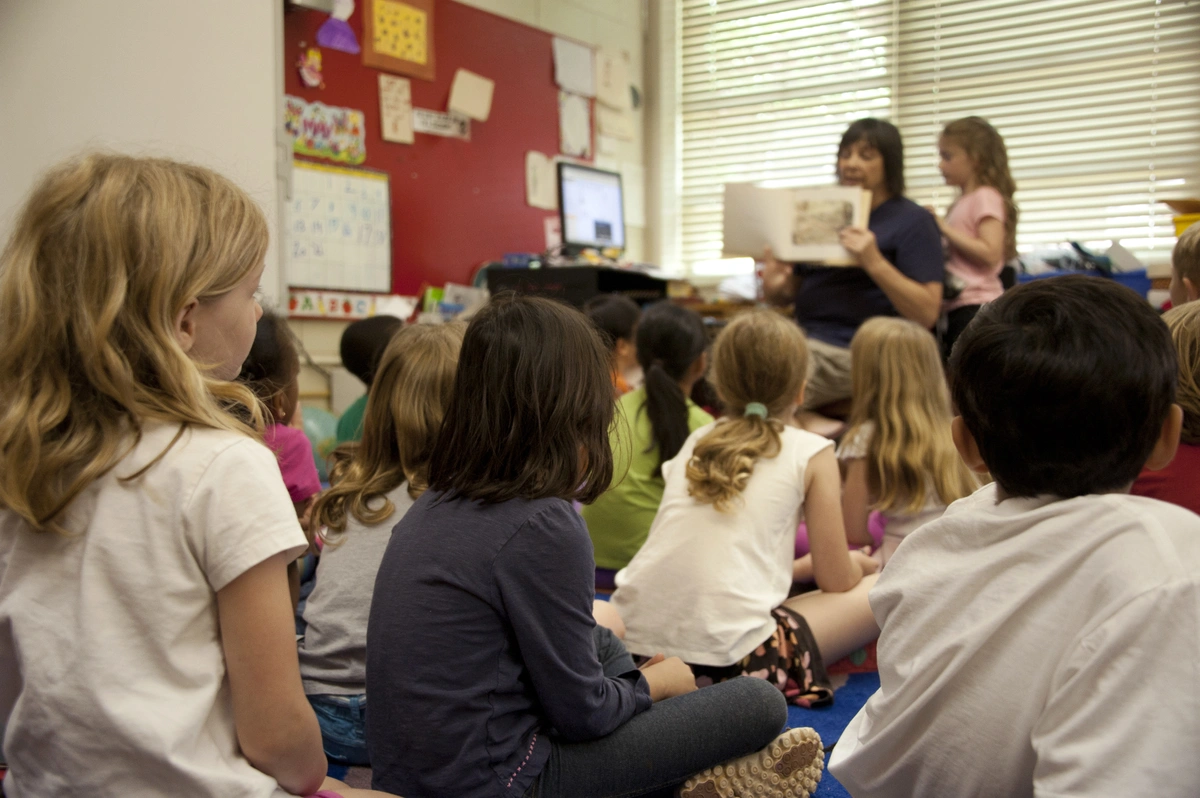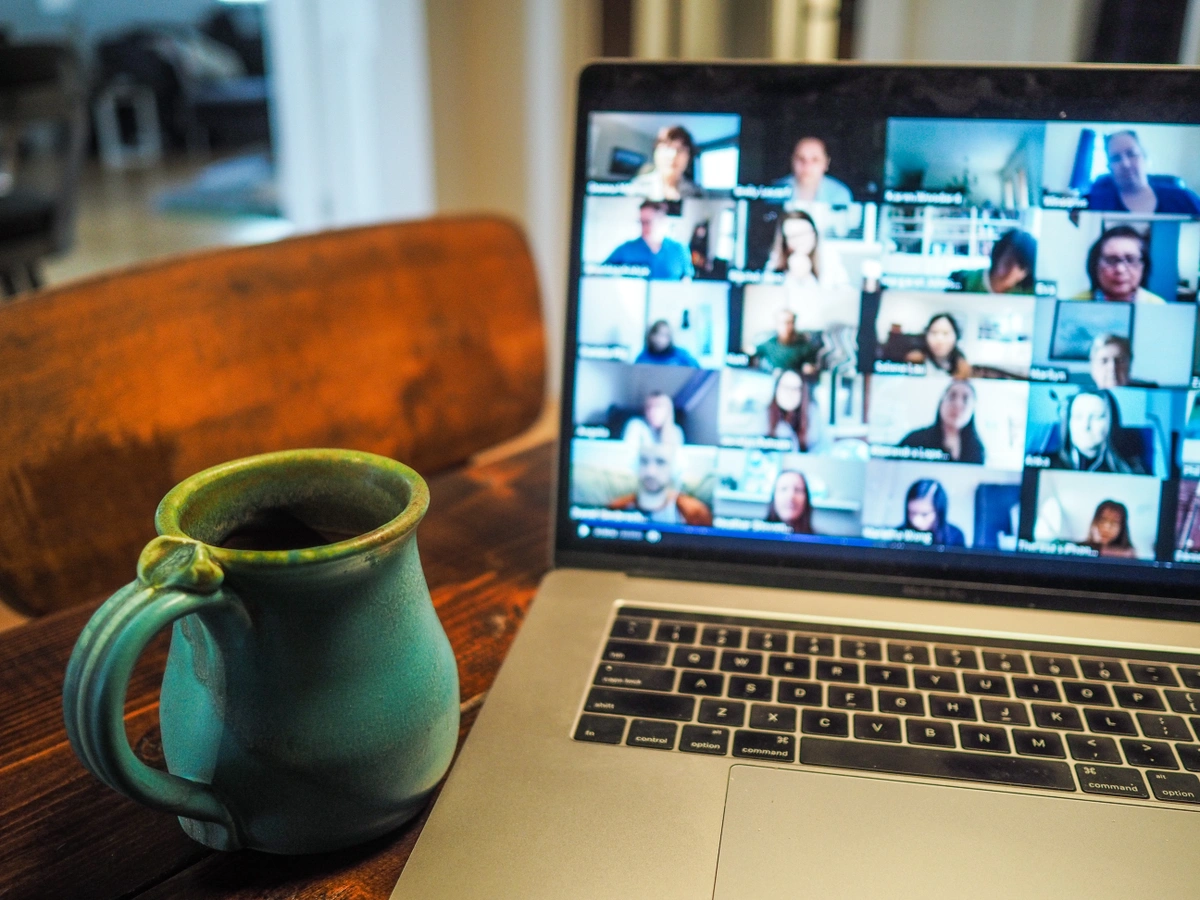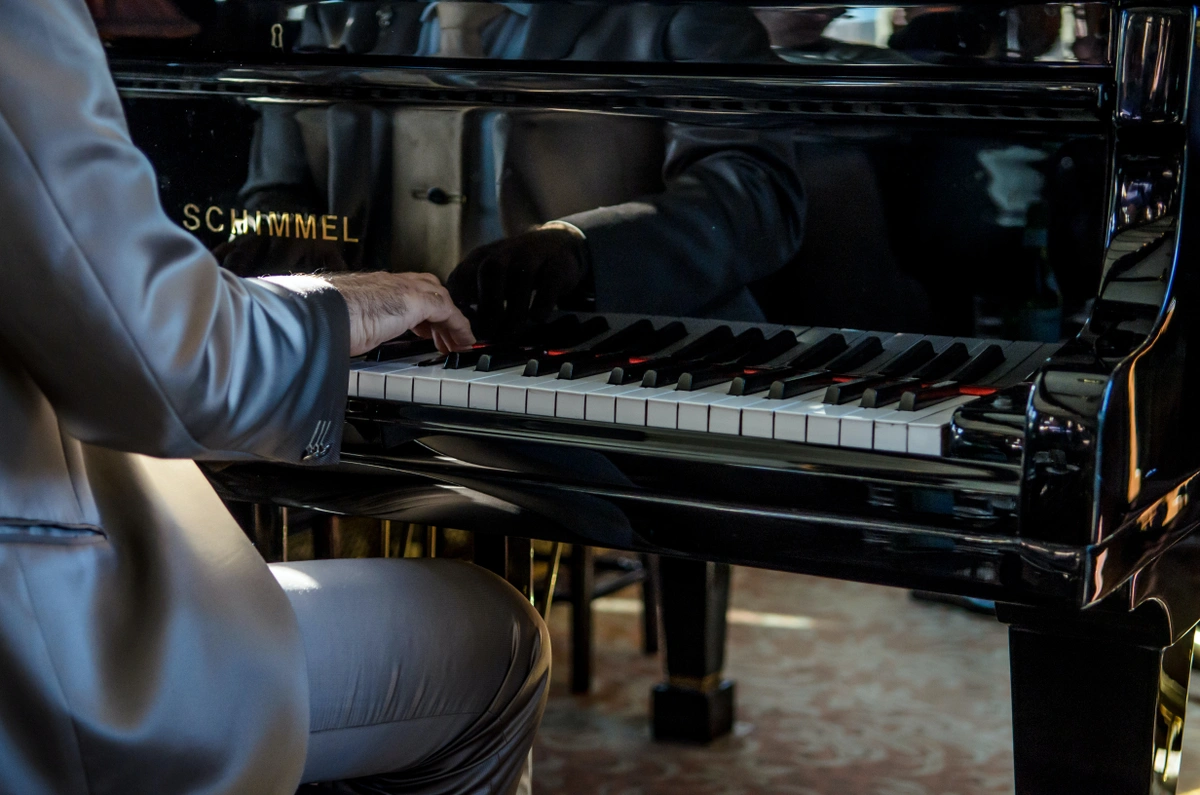Finding Hope with V Injury: Svetlana’s Story
May 24th, 2023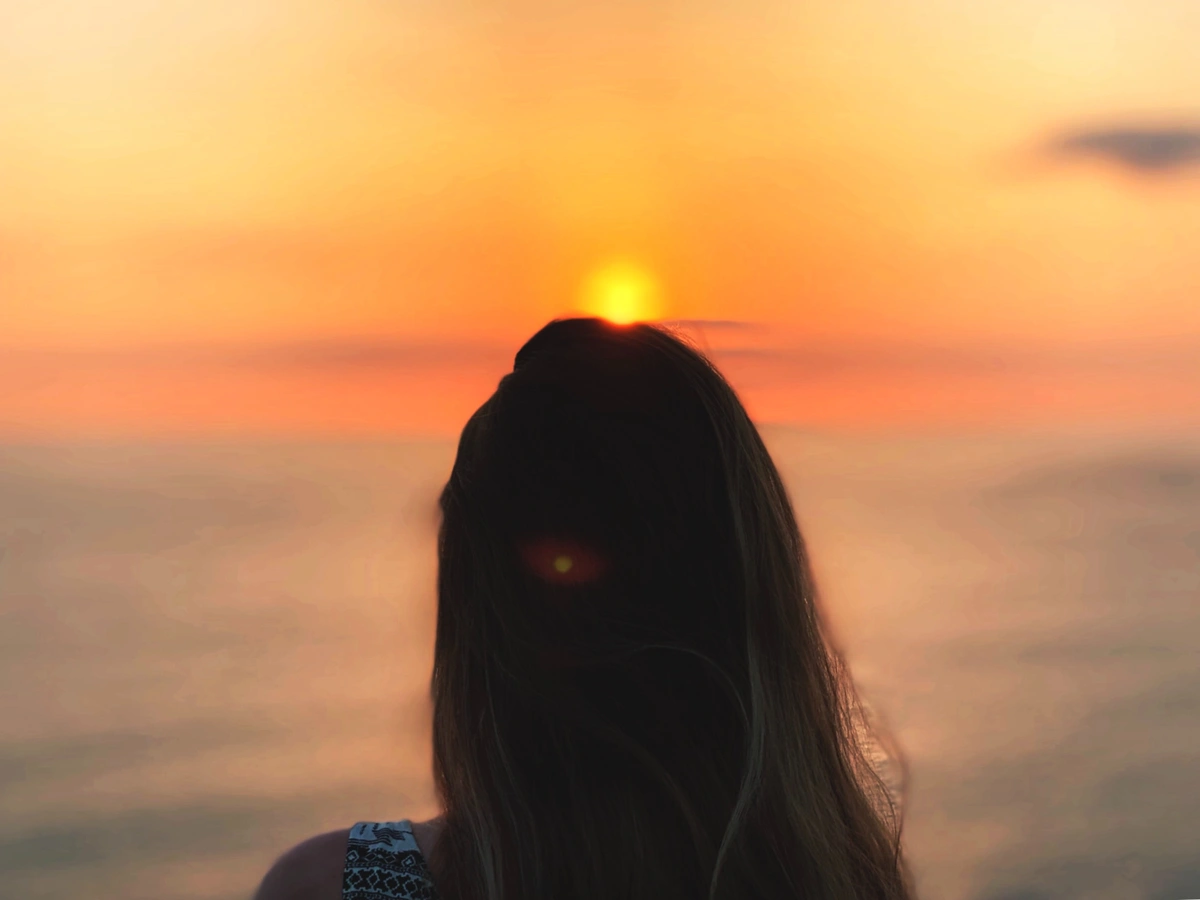
Disclaimer: This is a Kindred community member article that represents the opinions and experiences of the author, not Hugo Health Kindred. Please consult with your healthcare provider before trying any treatment.
I decided to get the COVID shot because, at the time, everyone was talking about how important it was. I wanted to protect others, especially those vulnerable to the virus. I also have two young sons. I felt like it was the right thing to do—not just for myself, but for everyone else. I had always believed in vaccines, and I trusted healthcare providers.
My first vaccine was in mid-April of 2021. I was with my mom who was getting one too. Afterward, while driving home with her, I felt lightheaded and dizzy. I parked the car because I wasn’t sure what was happening or if I could drive. I remember thinking, “This is because I skipped lunch today.”
I got home and started experiencing pain in my arm and lymph nodes. I felt like this was normal and consistent with what my coworkers had said about getting their vaccine. But within about a month, the symptoms started to pile up. I would get internal tremors throughout my entire body and terrible migraines. Nothing would help. I had tingling all over my body. My face, arms, and legs were burning. I had severe joint pain that felt like arthritis, but I never had that before the vaccine. I also had terrible chest pain. I couldn’t eat for the first few weeks due to severe esophageal spasms and lost so much weight. I was sensitive to light, touch, and sound. My legs were so weak it felt like they might give out at any moment. It was scary.
Something really strange was that I started to smell bleach everywhere, even though nobody was using it! Phantom smells would come and go.
I was bedridden for about 6 months. At some point, when I would try to sit up, my heart rate would rise drastically. I felt like I couldn’t breathe. I didn’t know it then, but it’s called postural tachycardia syndrome (POTs). It was unbearable unless I was in a horizontal position. I decided it was time to go to the emergency room (ER).
Seeking care
They ran many tests at the ER but couldn’t find anything wrong with me. They said I was fine and sent me home. I was told to follow up with my primary care provider (PCP), and he said that I had anxiety and to start medication for that, which I did. It made everything much worse. I couldn’t even open my eyes.
With the help of some family and friends, I found a new provider. She couldn’t tell me what was happening but listened and referred me to a cardiologist. The cardiologist diagnosed me with dysautonomia, which is when your nervous system isn’t functioning as it should, leading to heart and blood pressure issues, among other things. He prescribed me medication to manage my heart rate, which let my body rest and helped me function a bit better. I had hope for the first time since the onset of my symptoms.
I saw many more providers following that and had several tests, which all came back somewhat normal. On the one hand, I was happy about that, but you also want someone to say, “OK, this is the problem, and this is how we’re going to fix it,” and that wasn’t happening.
Speaking my truth
When I would talk to providers initially, I was very hesitant to insist that I believed my symptoms were a result of the COVID vaccine. It was and still is a taboo topic, and I even thought that maybe I was wrong. It’s difficult because even the people you love and trust doubt you, which makes you doubt yourself. They believe you should be fine, too, since they didn’t experience an adverse reaction.
One provider changed what I said and put in his notes that I started experiencing these symptoms after COVID, which isn’t true. I never had COVID prior to getting the vaccine.
Another provider told me, “We’ll try to get you better, but you’ll probably never be the same.” I don’t know why she said that to me. It brought me down, and I cried after that appointment. Looking back, she didn’t know what she was talking about. I felt that was so mean to say! There are a lot of providers I didn’t go back to.
I started to find my voice as time went on. I chose not to be afraid to tell people what I was going through and why. This is my life, and these are facts. And you know, once you do something you’ve been afraid to do, it’s not that scary anymore. You have to keep advocating for yourself. Nobody knows what you're experiencing better than you do. There are good providers out there but it takes patience to find them.
Life is so short that not talking about things you believe in is ridiculous, in my opinion. I don’t think it’s healthy for you or fair to others to bottle things up. Your circle might shrink though once you share these types of things. Not everyone wants to be “red pilled.”
Changing my mindset
I had always been healthy before the vaccine and believed I had really great insurance. I thought that if something happened to me, the healthcare system would help me, but that didn’t happen. It was a rude awakening, and I learned that the best person to help me is me.
At first, I was really upset and kept thinking, why did this happen? But I realized those emotions wouldn’t get me very far. I decided this experience would either break me down completely or build me up, and I chose to build myself up. This was a terrible thing that happened to me, but I knew I had to change my mindset and not see myself as a victim.
I started to take it one day at a time and give it my all, whatever that was at the time. I would focus on the positive, do what I can, and let whatever happens happen. I know some people relate and others don’t but I felt like I had to believe in something bigger than myself. We think we’re so powerful as humans and have so much control, but that’s not the case. I think in difficult times, it’s OK to accept the uncertainty. Someone had a bigger plan for me. I’ve always been spiritual, but this experience made me much more so.
I ran into this concept along the way that our bodies already know what to do to heal themselves. All we have to do is help it with proper nutrition, movement, time outside, and some medications (which I hope I won’t need any more soon). I never ate a lot of junk food, but I knew there were things I could do; I completely removed takeout foods from my diet, for example. I realized that while one option might be convenient, the other is more beneficial for my body. I also pushed myself to get outside in the fresh and go for walks.
Finding the silver lining
I’ve always appreciated the blessings in my life, but my experience with vaccine injury has taken that to a whole new level. Now, I’m super grateful when I can get out of bed, make lunch for my kids, and walk them to the school bus. After being bedridden for several months, just being outside is amazing. I remember feeling so accomplished the first time I could go for a short walk without my heart rate skyrocketing. I notice things I never noticed before, like the sun on my skin and the wind against my face, and I stop to absorb it. It gives me the feeling that I’m alive! It’s a different level of gratitude.
I’ve also become more patient with my children. I’m not a perfect mother, but I’ve realized the importance of teaching them to think for themselves. I’m trying to get them to understand that if someone is doing something, they don’t have to do it too just because they think the other person might know better or is more competent. I tell them to ask themselves how they feel about it and trust their intuition, but I think they’ll understand that better as they get older.
My words of advice
In the beginning, I thought I was the only person going through this, and I had no idea this was happening to many people. It’s not openly spoken about today, but if each of us on this journey can chip in our story, it can provide more data and hope for others.
Your body and mind are miraculous and capable of so many things. If you believe you can improve your situation and find hope, don’t let anybody tell you otherwise, even healthcare providers. It may take longer than you want and be more challenging than you think (some days are still difficult for me), but you’ve got this!
Written by Talia Aroshas, as told by Svetlana.
If you want to share your story on Kindred, contact the Content and Community Manager at Talia@hugo.health. No writing is required.
- Dysautonomia. (2023). National Institutes of Health.
- Postural tachycardia syndrome. (2023). National Institutes of Health.
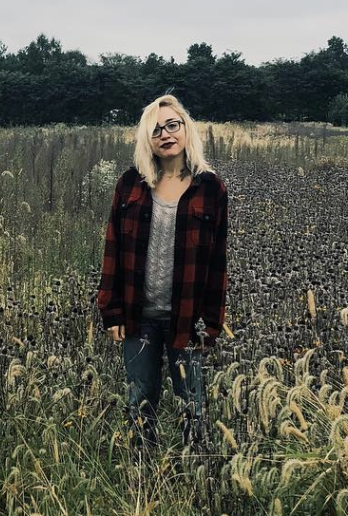
Talia Aroshas
Kindred Content and Community Manager
I’ve been working in health content as an editor since 2017. It's an honor to be able to provide people with resources that empower them to take an active role in their health journey. I believe in the body’s incredible ability to heal when given the necessary tools and presented with the appropriate environment. I’m thrilled to be on the Kindred team and to work with such a dedicated, passionate community.


